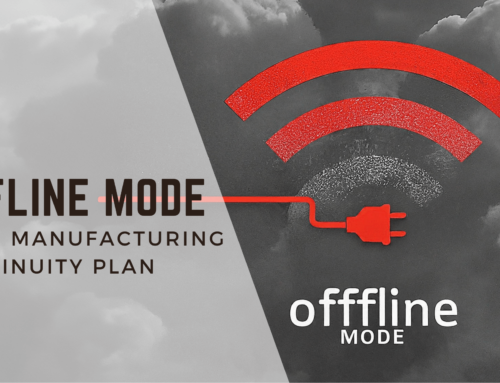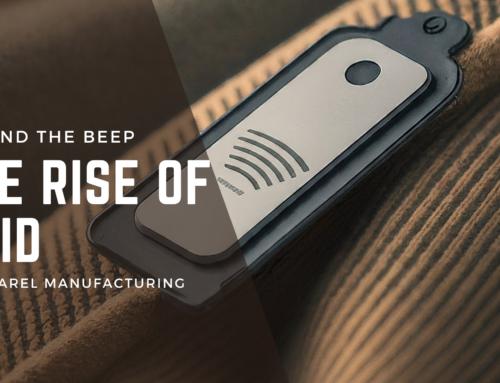The present marketplace is quite volatile and competitive. Combined with the rising cost of raw materials and increasing regulatory compliance, manufacturers are at the receiving end. They must remain profitable while focusing on product quality, reducing production costs, and minimizing delivery time. To achieve this, the manufacturers require a well-defined approach. There are two popular approaches in the manufacturing sector: the MES and the ERP. While both terms are often confused, they are very different in functionality.
ERP stands for Enterprise Resource Planning; it is suitable for planning for the future and accounting for the past but cannot execute processes in real-time. This is where MES (Manufacturing Execution System) comes in. If the goal is to get precise control of the manufacturing process, inventory, and cost in real time, then MES is the go-to solution. It helps you to synchronize, optimize and ensure that all facets of your manufacturing centers operate efficiently. You can monitor multiple worksites simultaneously, handle downtime, manage resources, logistics, and track deliveries.
The Manufacturing Problem
In today’s world, manufacturers face challenges in almost all ways, starting from rising consumer demands, technology innovations, raw material management, employee management, resource planning, and the production of final products. So, all these challenges make MES a reliable system for managing a manufacturing plant’s production activities from a single dashboard.
Working of MES
The working of MES is quite simple. The manufacturers feed the data into MES software; this data is given to the plant in charge, which guides different operators of various machines to produce the final product. The product then goes to quality assurance and, once approved, is ready to ship. If it fails, then it is sent back for rectification. The data from all these exchanges are continuously fed to the MES software, which gives a real-time view of what is happening on the production floor. MES controls the process flow, reduces error, collects data from every single process, and provides immediate visibility for each order, helping manufacturers make more informed decisions.
Why Prefer MES Over ERP?
ERPs are a single database source to manage, store, and use data to manage daily business activities such as accounting, payroll, purchase orders, project, and supply chain operations. ERP sounds impressive, but there is a new powerful kid on the block, MES, that helps manufacturers to track every minute of data and activity happening in the production in real-time, and for that, they need MES. It offers floor insights and tools needed to run your business smoothly. It provides an insight into predictable wear and tear so businesses can respond to these challenges in real time, improve performance, cut costs, and maximize production efficiency.
Reasons to Choose MES Over ERP
- Integration- MES software is integrated directly with machines that offer accurate and real-time data. In contrast, ERP software is combined with other business systems and mostly depends on manual data entry.
- Cost- MES systems are typically less expensive than ERP systems, as they manage the specific aspect & automate many manufacturing processes. ERP systems are more comprehensive and can be more costly to implement.
- Operations- MES is all about managing and monitoring the production on the factory floor, while ERP software provides a broader view of the business.
- Data Visualisation- MES system provides real-time reports, meaning that users can see real-time production data. ERP is better suited for planning and decision-making.
- Complexity- Integrating ERP is more complex than the MES software because MES is focused on managing the production process and does not include other business processes.
Now, if you are thinking of making a change or even going in a new direction, you can go with Stitch MES, which has everything you need to run a World Class Digital Smart Factory. Trusted by many industries, Stitch MES is a holistic tool that can boost efficiency and productivity. Integrating MES will help the apparel industry by:
- Increasing profitability by 10 to 15%
- Processing large assignments in a short period
- Reducing the amount of wastage by improving consistency and accuracy.
- Process large projects in less time, as most processes are automated.
- Fabric Inspection & Business Insights
- Actionable Intelligence & Auto Optimize Cut Plan
- Spread planning & roll management
- Real-time evaluation of DHU, WIP & more bottlenecks
- Area-wise Heat map & defect analysis















Leave A Comment